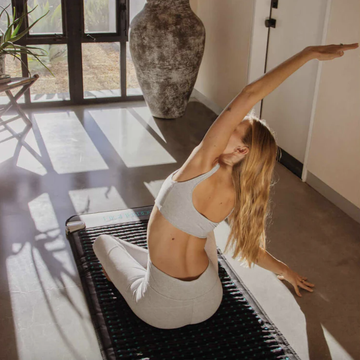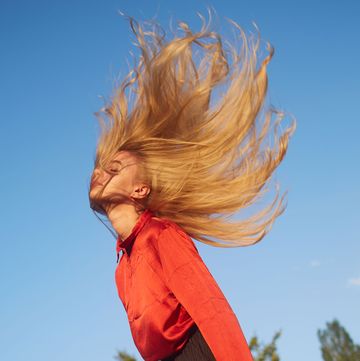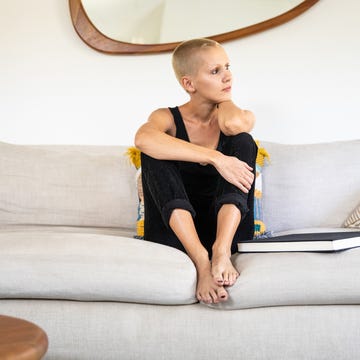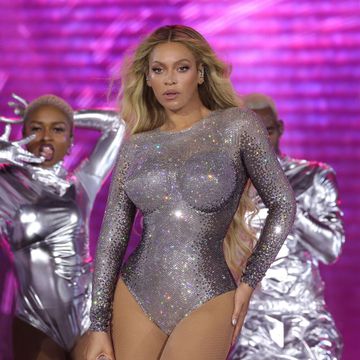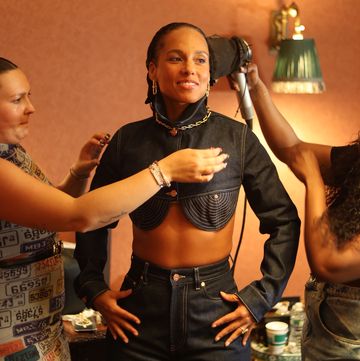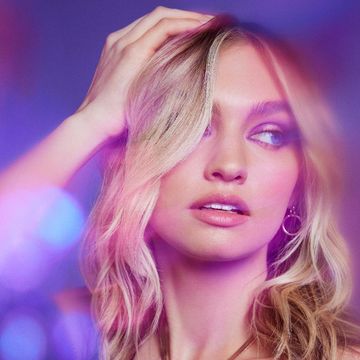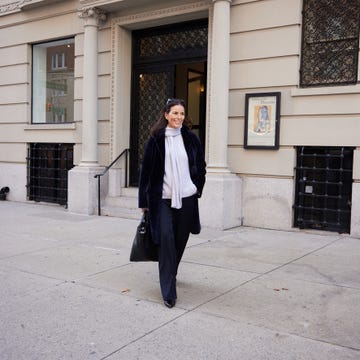Future of Beauty's 20 for 2020
Twenty of the year's most impactful forces in the beauty industry.
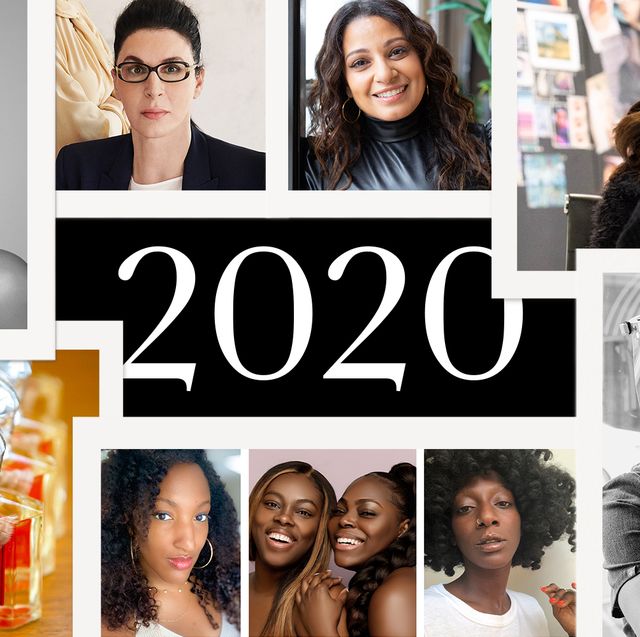
Every item on this page was chosen by an ELLE editor. We may earn commission on some of the items you choose to buy.
Last year, we highlighted eight people, places, and purposes shaking up the beauty industry as we knew it. But, as we all know, 2020 was a year unlike any other. Despite the circumstances, many people and brands stepped forward with monumental initiatives that helped restore our faith in good ideas and good people. Behold, our look back on what may be the most significant years of our lives, and of the beauty industry's, too.
Aurora James' 15% Pledge
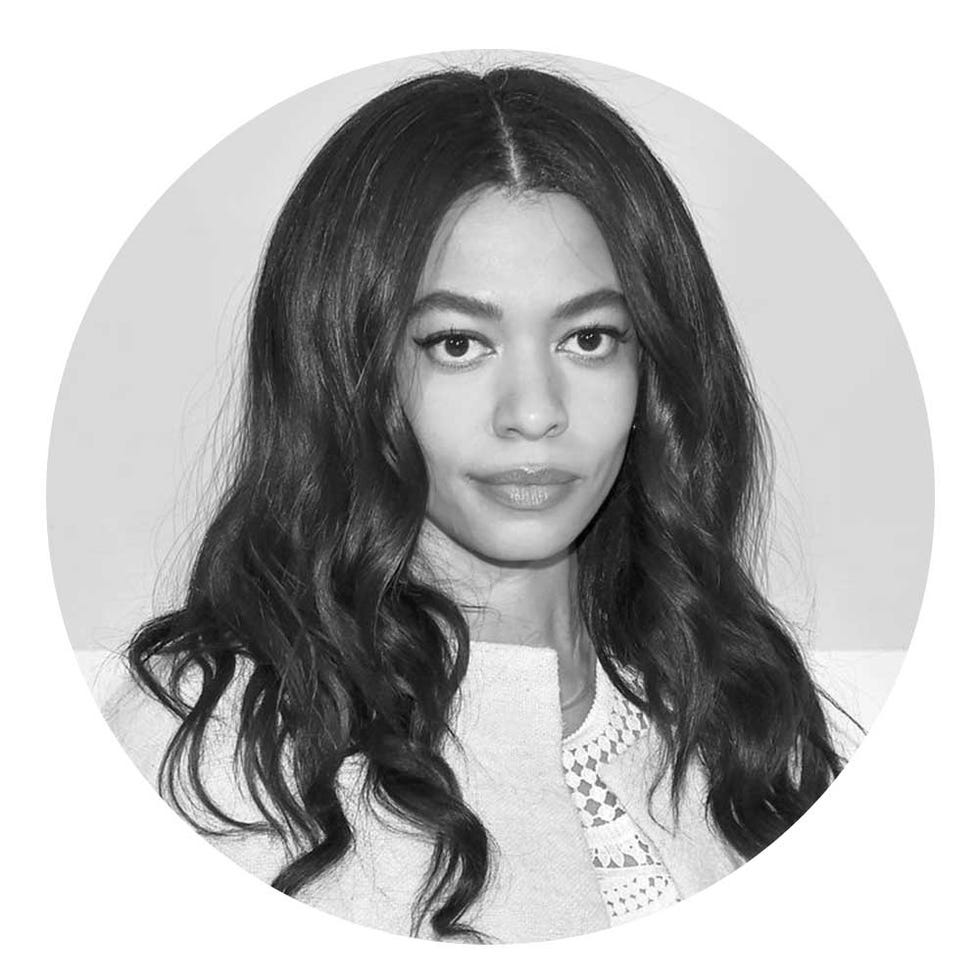
In a pivotal call to action that may define shopping in 2020, James, the fashion designer of Brother Vellies, urged retailers to commit 15% of their shelf space to Black-owned brands—a number that mirrors the population of Black people in the US and a commitment that boosts economic and creative success for Black business owners. As the petition caught momentum, huge stores stepped forward to commit, including Sephora, Macy’s, and West Elm. “We’ve been learning how we can apply the 15 Percent Pledge to each of their business models,” James told ELLE in September. “We work very closely with those brands that make the commitment to the Pledge and create a tailored strategy that will allow them to hit the 15% mark.”
Credo Beauty Sustainable Packaging Guidelines
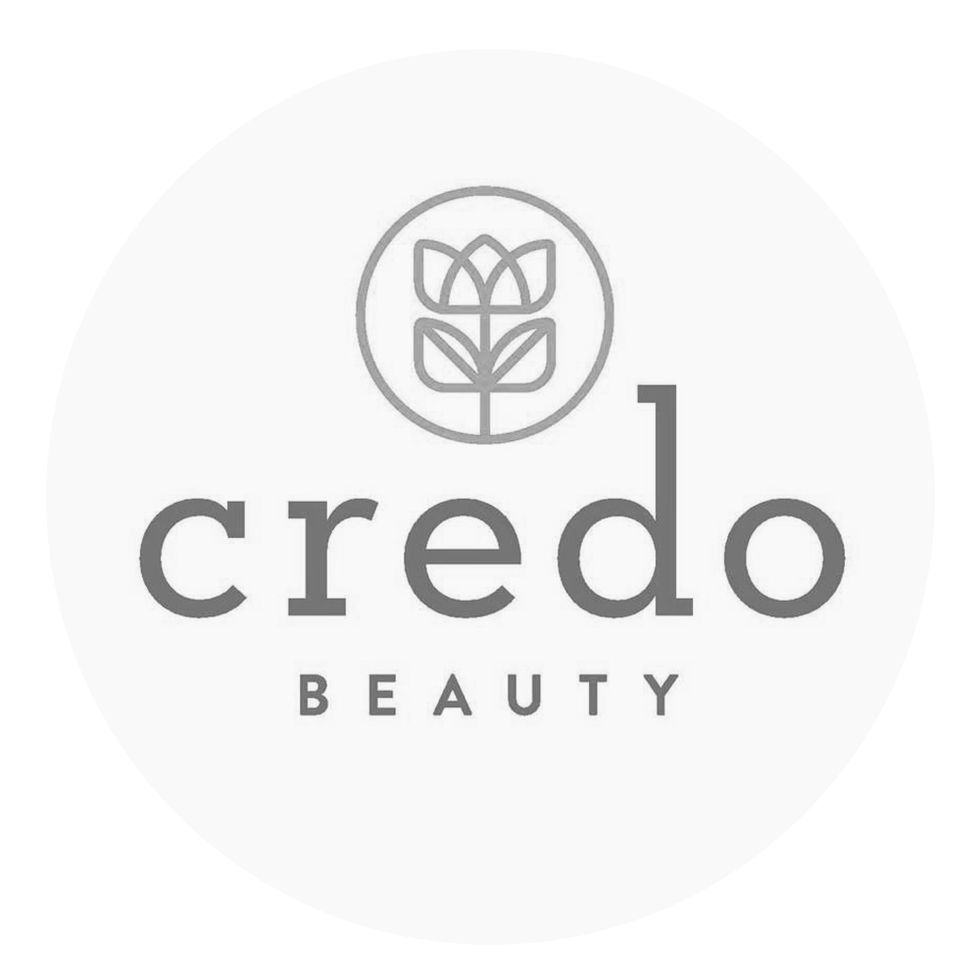
It has been asked in 2020: Is the sheet mask beauty’s version of the plastic straw? As we all consider our beauty footprints with more scrutiny these days, beauty companies are feeling the pressure to put a stake in the ground about their values. This year, beauty retailer Credo committed to phasing out the cult-loved category of the sheet mask as part of its ever-evolving Clean Standard and Sustainable Packaging Guidelines, which has become an industry benchmark. By June 2021, Credo will no longer allow any sheet masks, wipes, sampling packets, and other one-time “throwaways”—especially noteworthy as the use of some of these items actually increased during the pandemic. “We realized that prohibiting these items [at Credo] would, at a minimum, keep 3,000 pounds of trash out of the landfill,” Mia Davis, the Director of Environmental & Social Responsibility at Credo, told ELLE this fall.
Dermablend's Visible Light Study
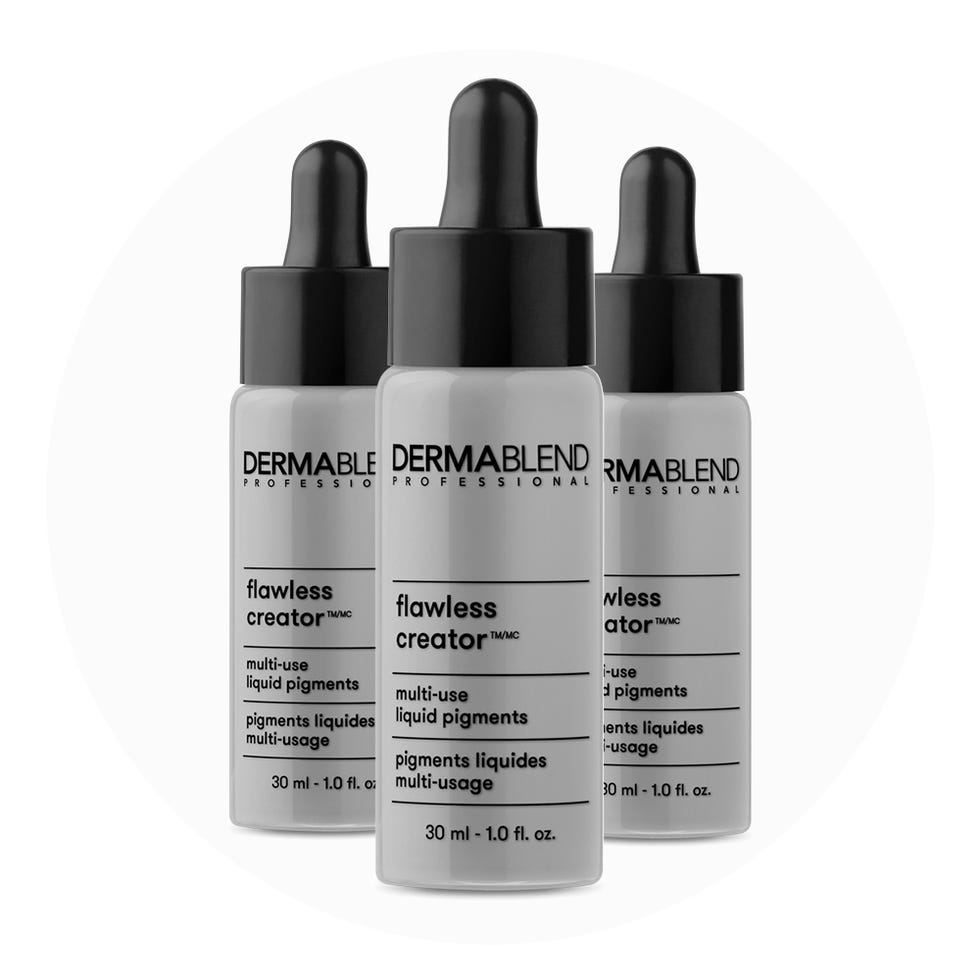
Now that we spend more time than ever in front of our screens (hello, 12 Zoom meetings a day), protecting against visible light and the damage it causes (aka hyperpigmentation and aging) is more important than ever. But sunscreens are not designed to protect against these light wavelengths and products capitalizing on the blue and visible light skincare trend often include shaky claims and little research to justify their need. Cue a 2020 study published in the Journal of Drugs and Dermatology that found skin covered with foundation that uses iron oxides—just this foundation, nothing else—was significantly more protected against visible light-induced discoloration versus skin with a traditional mineral SPF 50 formula. While the study specifically used Dermablend Flawless Creator Liquid Foundation Drops, researchers believe the pigments and metal oxides found in most foundations may lend reliable visible light protection as well as the obvious cosmetic benefits.
Dermalogica Clean Touch Certification
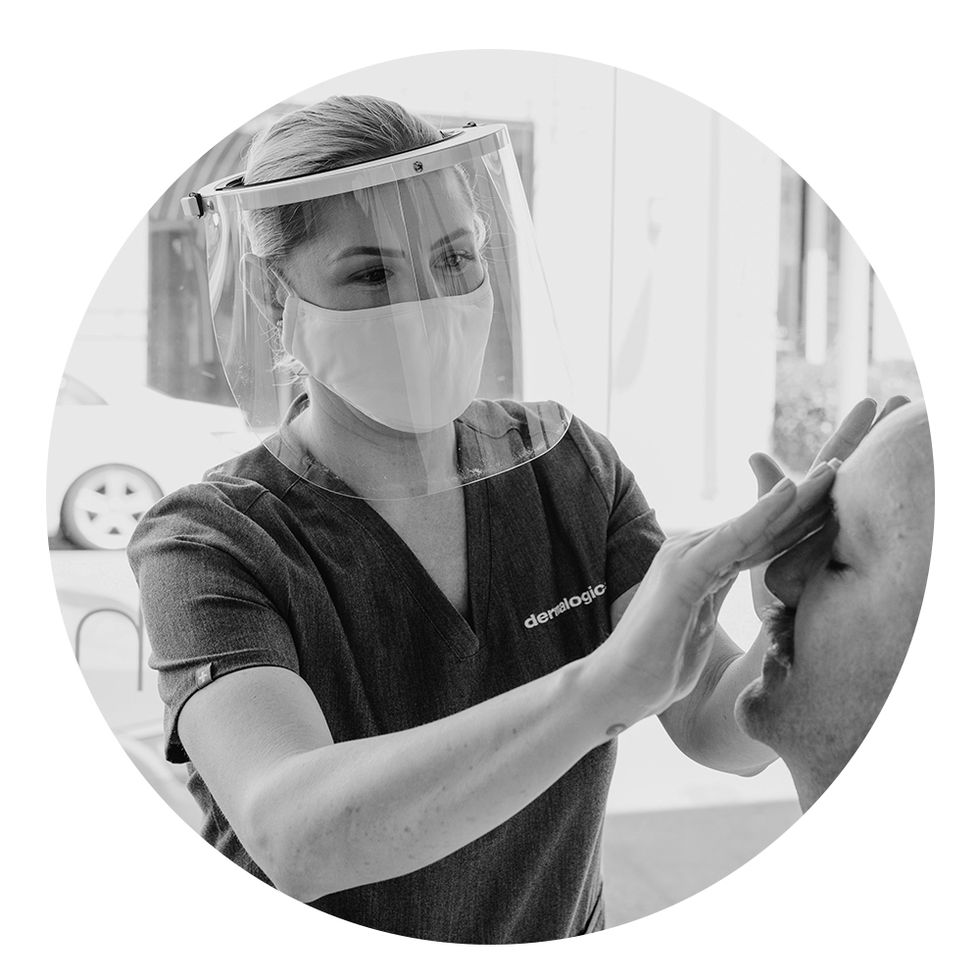
When touching others became scary and potentially dangerous last spring, so did facials and pro makeup-application—and the income for hundreds of thousands of beauty professionals grew scarce. In the absence of national safety protocols for estheticians in the US, skin care brand Dermalogica—which is also a beauty educator in more than 100 countries—created a comprehensive safety protocol for proper distancing and disinfecting. In conjunction with an epidemiologist, they accounted for regional mandates, and then offered their certification courses online for free so struggling businesses could reopen as quickly and safely as possible. More than 40,000 professionals have been certified, with more being accredited every day.
FastAF App
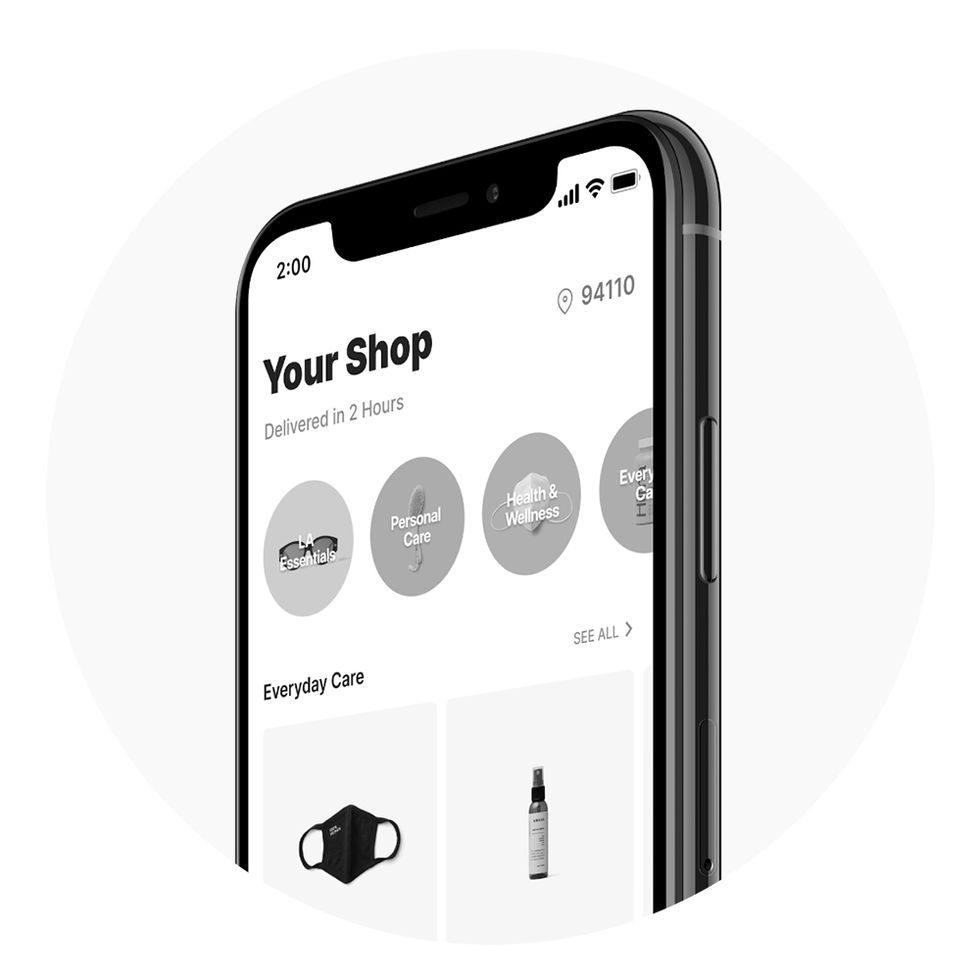
According to research by McKinsey, digital adoption leaped forward by 5 years in the first 8 weeks of the COVID pandemic lockdowns. Clever developers, like those behind the new two-hour delivery app that launched this fall called FastAF, seized the moment, serving what a socially-distanced self-care lover really wants: Aesop, Dyson, Ouai, Fenty Skin, and Bala Bangles within 120 minutes of initial desire. To get the logistics right, the developers partnered with Doordash (hey, they were coming over anyway) and you can also choose a delivery window, just in case you’d actually prefer, say, a 4-hour turnaround. As to whether you can get that Aesop Reverence Aromatique Hand Balm after midnight: Not yet. But you can cue it up for as early as 8 a.m. the next day. FastAF is currently only available in New York and Los Angeles.
The Fragrance Foundation's Diversity Initiatives

The fragrance industry’s revered non-profit, The Fragrance Foundation, is working behind the scenes to help usher in more diversity in the industry, which is notoriously run by mostly white males with few Black-owned brands. Actions include founding an advisory panel with beauty rockstars like Cosmopolitan Beauty Director Julee Wilson, fashion designer Jason Wu, Phluid Project founder Rob Smith, and fragrance entrepreneur Chris Collins; creating initiatives that nurture POC-founded fragrance brands through mentorship and business opportunities; speaking to major houses on adding new talent to their ranks; and making memberships more available and inclusive than they ever have before. The foundation is supporting a wave of diverse fragrance professionals in an arm of the industry ripe for new perspectives and opportunities.
Glossier's Grant Initiative
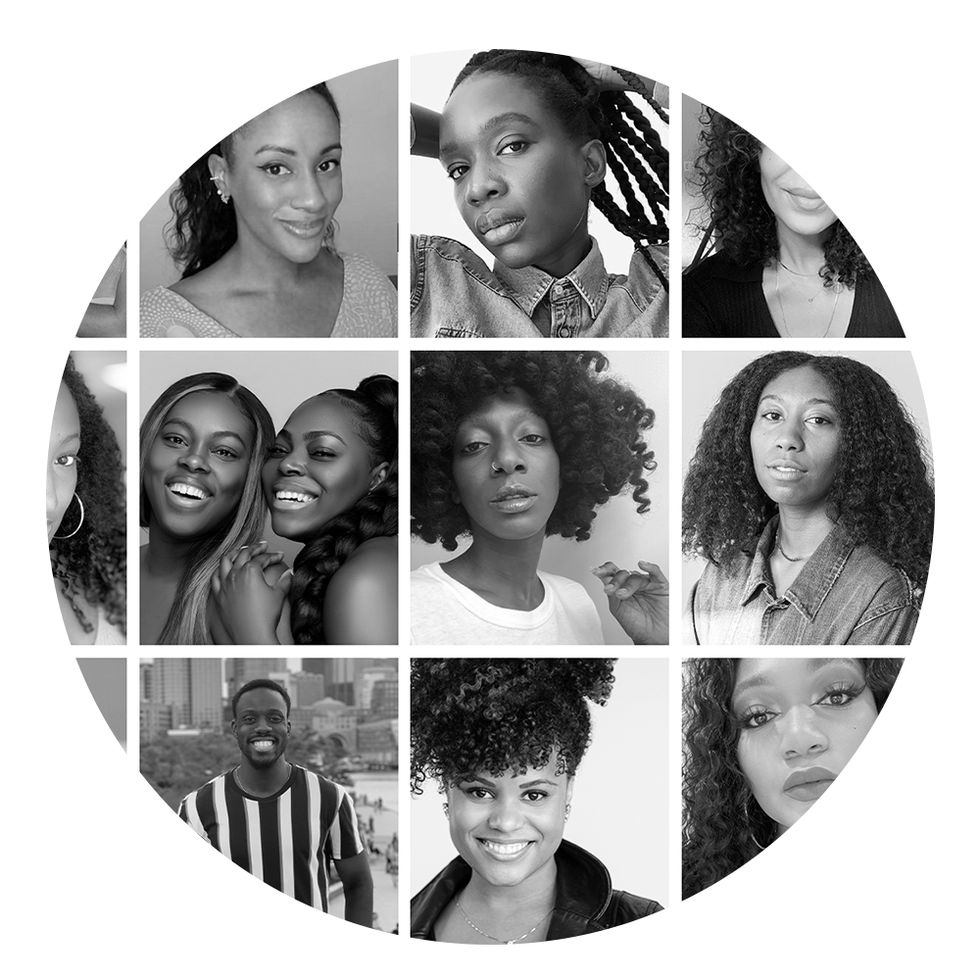
Over the summer, in the wake of massive social justice protests, many beauty brands looked to expand their racial equity and inclusion company practices with the creation of scholarship programs. Few moved quicker and more decisively than Glossier with the creation of its Grant initiative for Black-Owned Beauty Businesses. The program provides both advisory support as well as $500,000 in the form of grants for the next generation of leading Black-owned beauty companies. After receiving over 10,000 applications, Glossier selected the grant winners and provided guidance ever since. Glossier also fostered connections among the grantees through monthly Zoom calls and a group Slack channel.
Keke Palmer's Acne Positivity
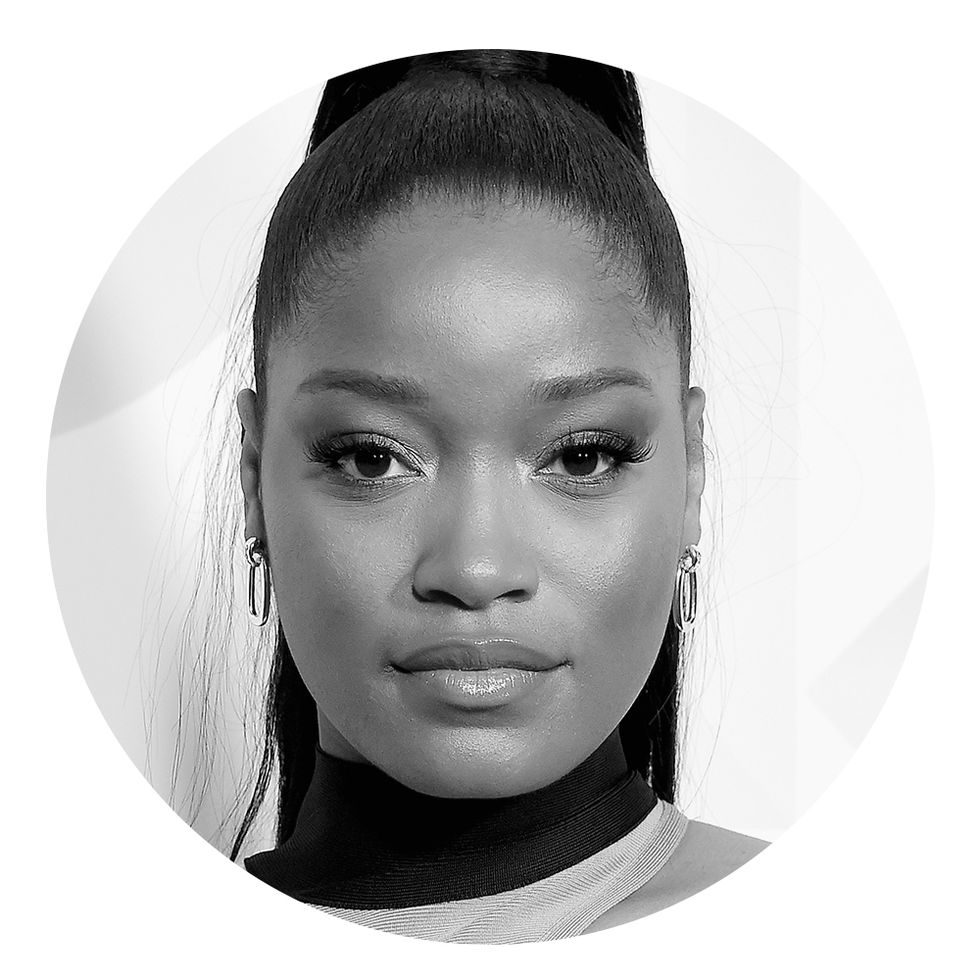
As anyone struggling with adult acne can attest (and, according to research by the American Academy of Dermatology, acne affects more than 50% of women between the ages of 20 and 29 and more than 25% of women between the ages of 40 and 49), revealing a close-up makeup-free photo to more than 10 million followers on Instagram isn’t typically #skingoals. Leave it to singer and actress Palmer to seismically shift that paradigm. On December 1, she shared a photo of her clean skin with visible acne and post-inflammatory hyperpigmentation, and a long caption about her struggle with polycystic ovarian syndrome (PCOS) to 1.2 million likes and 67 thousand comments. “To all the people struggling with this please know you’re not alone and that you are still so fucking fine!” she wrote. Several days later she shared a video of her acne makeup coverage that got 2.6 million views and counting. The acne positivity movement officially has a new hero at the helm.
KNC School of Beauty
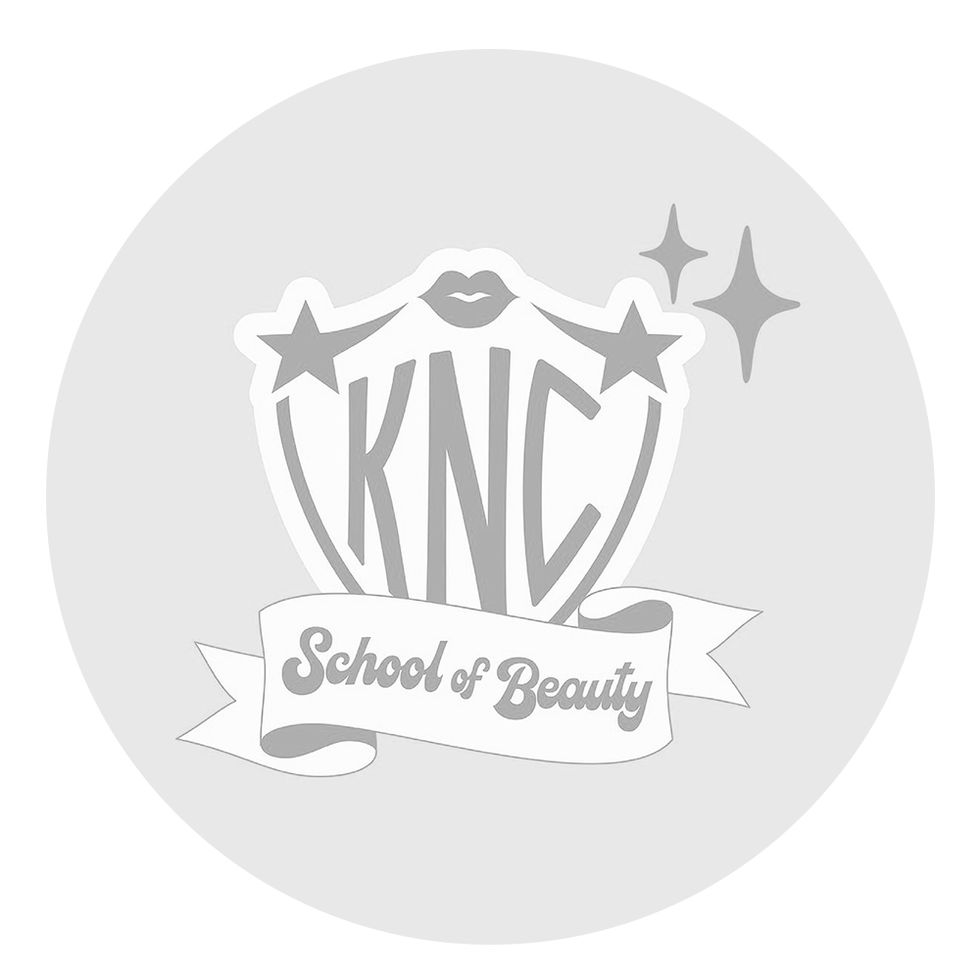
Kristen Noel Crawley launched an online beauty school to help the next class of Black entrepreneurs. The KNC School of Beauty presented by Revlon operates through Zoom and provides four semesters of free information on entrepreneurship and strategy to Black businesses. The "semesters" are broken into four virtual classes where Crawley—along with other beauty founders like The Lip Bar's Melissa Butler, Briogeo's Nancy Twine, and Golde's Trinity Mouzon—share their experiences in the beauty industry to help budding entrepreneurs get their own businesses off the ground and learn from this decorated assemblage of founders’ mistakes. The effort is as inclusive as it can be: the classes are free to all participants.
LVMH Hand Sanitizer Pivot
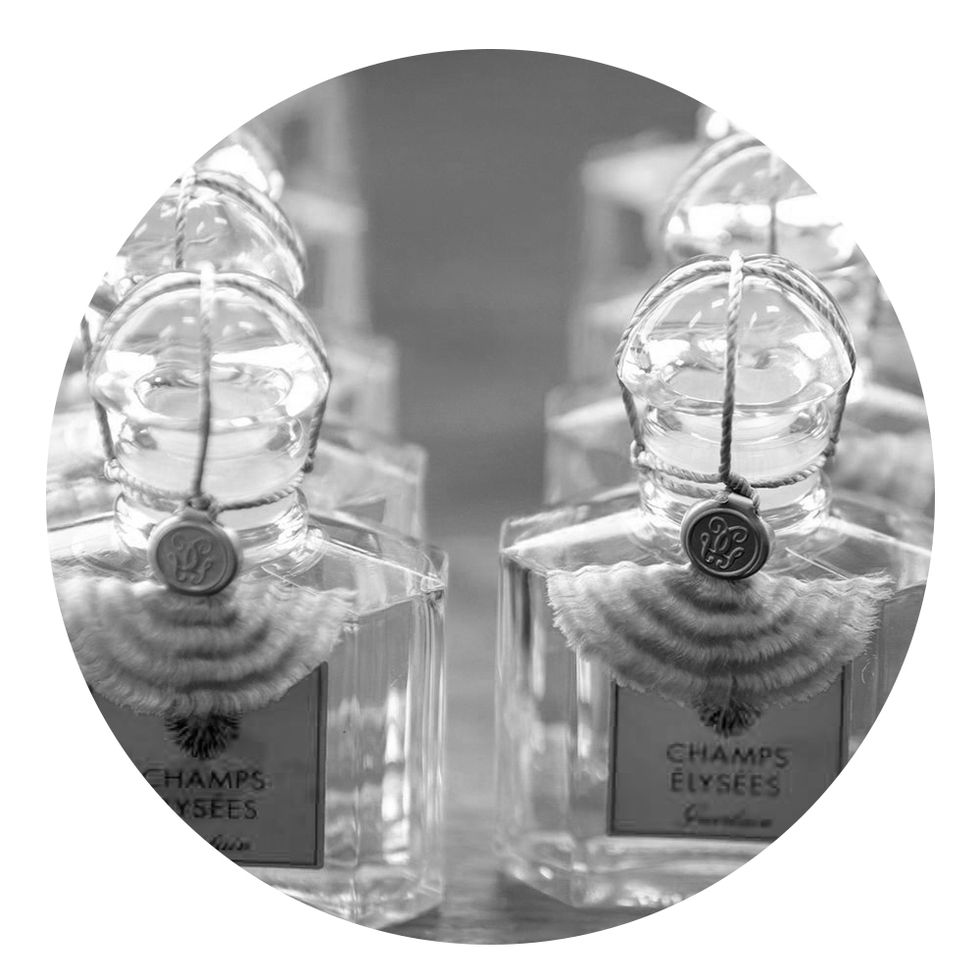
As COVID-19 closed down cities and countries in March 2020 and caused terrifying shortages in personal protective equipment and hand sanitizer for frontline workers, LVMH stepped forward as the first of many beauty mega-companies to devote factories to hand sanitizer production to hospitals fighting the virus—free of charge. It was estimated that LVMH's three fragrance factories dedicated to the initiative produced more than 12 tons of hydroalcoholic gel. The pivot set a tone that resonated with other manufacturers around the world, and LVMH continued the efforts into the summer, donating 100,000 tubes of hand sanitizer to vulnerable families in need.
Mele Co-Creators Dr. Laura Scott and Dr. Mona Gohara
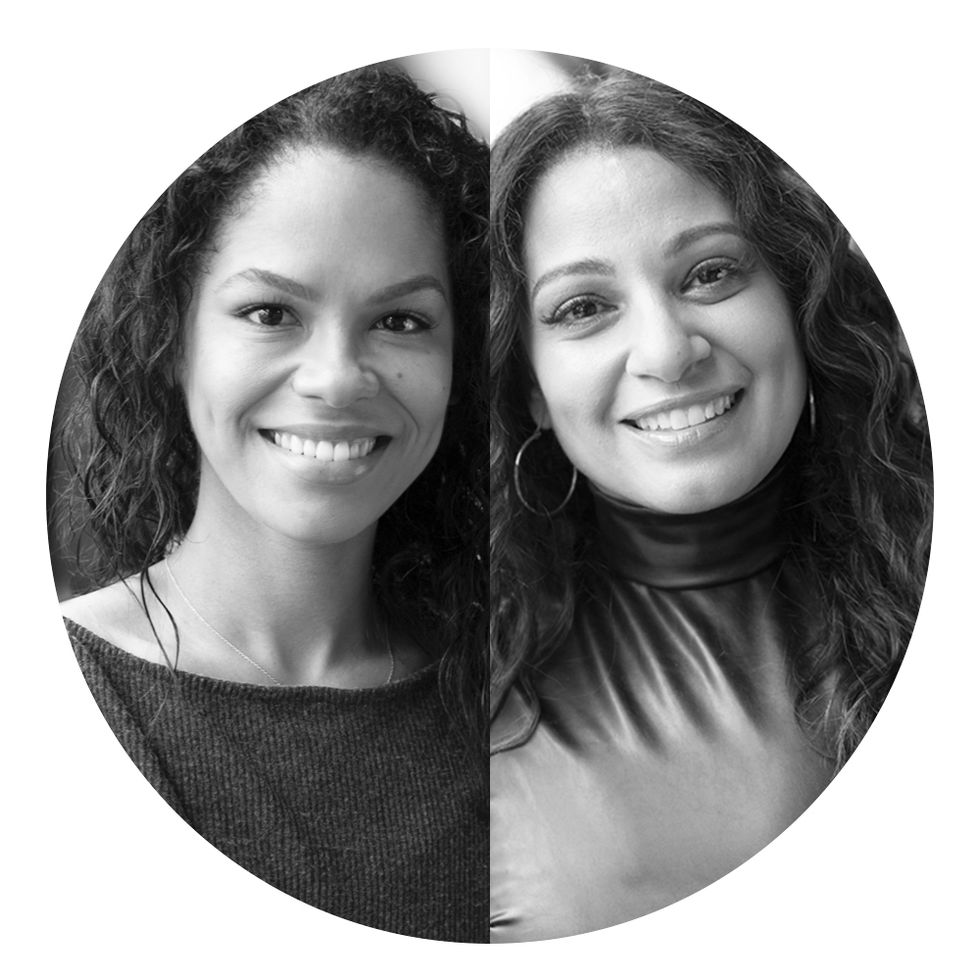
Melē is the first mass-retail skin care line co-created by derms of color for melanin-rich skin. “My brown and Black patients typically talk about three things: even skin tone, sun protection, and pore size,” Gohara says. Melē’s gentle ingredients treat those concerns without irritation, and each product is under $25. Gohara's favorite: a sunscreen that also protects against blue light.
Munroe Bergdorf
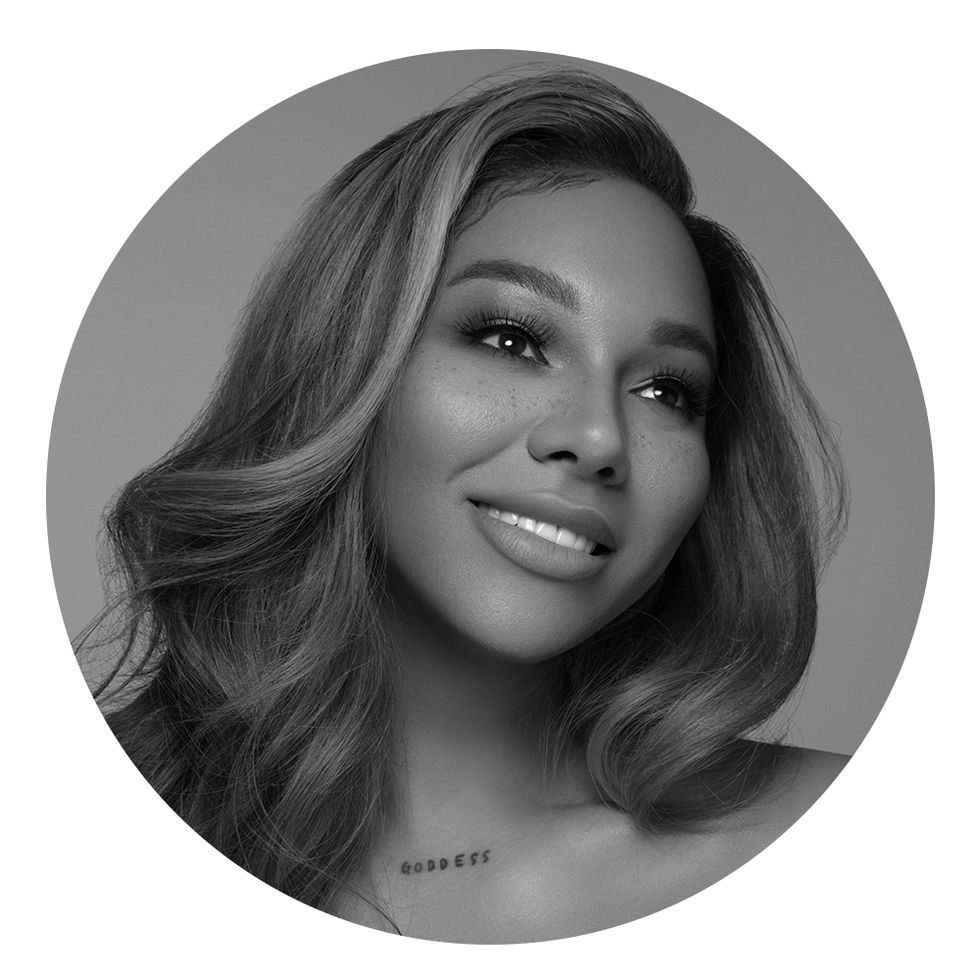
This spring, transgender model and artist Bergdorf called out beauty brand L’Oréal Paris for their hypocrisy for speaking up in support of Black Lives Matter when, three years before, the brand had fired her for denouncing racism. After gaining buzz throughout social and traditional media, the beauty brand admitted they were wrong and invited Bergdorf back as a member of the L’Oreal Paris U.K. Diversity & Inclusion Advisory Board. Since then, Bergdorf has become an icon for change and has continued to push for protected rights for trans people in the United Kingdom. Her first book, due out next year (and reported to have been the subject of a bidding battle between several book publishers), will be titled Transitional and focus on a more accepting and inclusive future for society.
Rai of @raisaflowers
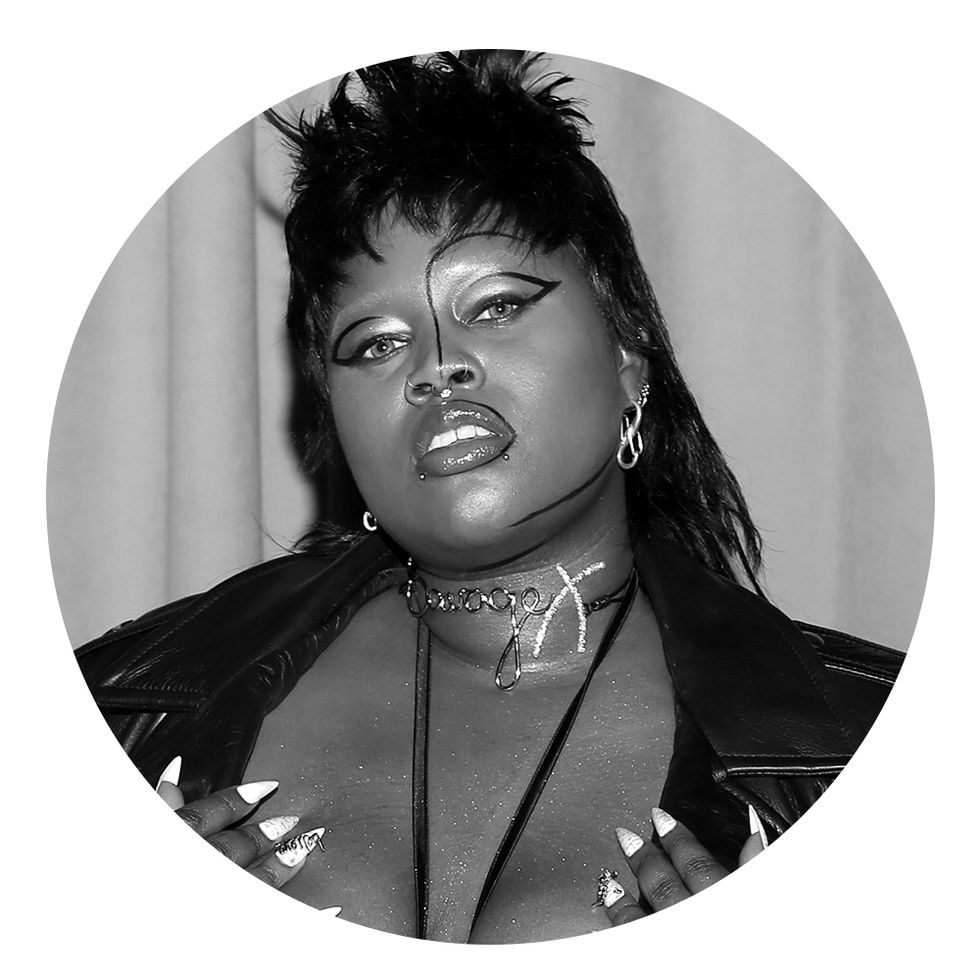
When you get the Rihanna and Pat McGrath cosign, you know you’re doing something right. Makeup artist Raisa Flowers has both walked the runways—you may have seen her at the Savage Fenty show!—and worked with greats like McGrath backstage at Calvin Klein. She is responsible for some of the most cutting-edge beauty looks of 2020—including covers for Interview and Paper magazines, as well as Instagram’s most experimental eye and butterfly effects —and always striving for representation in the beauty space.
Rare Impact by Rare Beauty
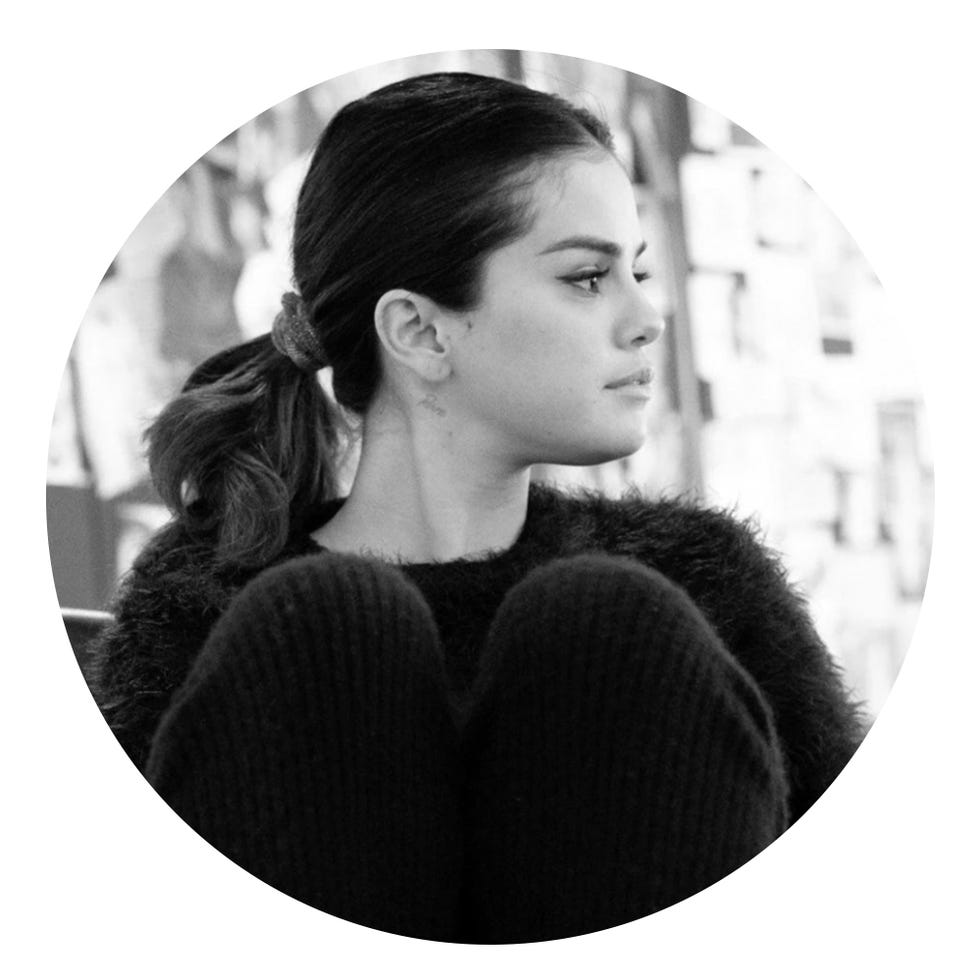
Selena Gomez entered the beauty space in 2020 with the launch of Rare Beauty, a brand built around the ethos of simply feeling beautiful in your own skin. The line is also centered in giving back to a community Gomez is a part of with the Rare Impact Fund. The star, who has been open about her personal struggles with mental health and depression, launched the beauty line with the goal to raise $100 million over the next 10 years to help address the gaps in mental health services for underserved communities. To help guide the initiative, Gomez enlisted the help of leaders in mental health, philanthropy, entertainment, and academia to create the Rare Beauty Mental Health Council. On the website you can meet the council members, find mental health resources, and donate to the initiative.
Sharon Chuter's Pull Up for Change
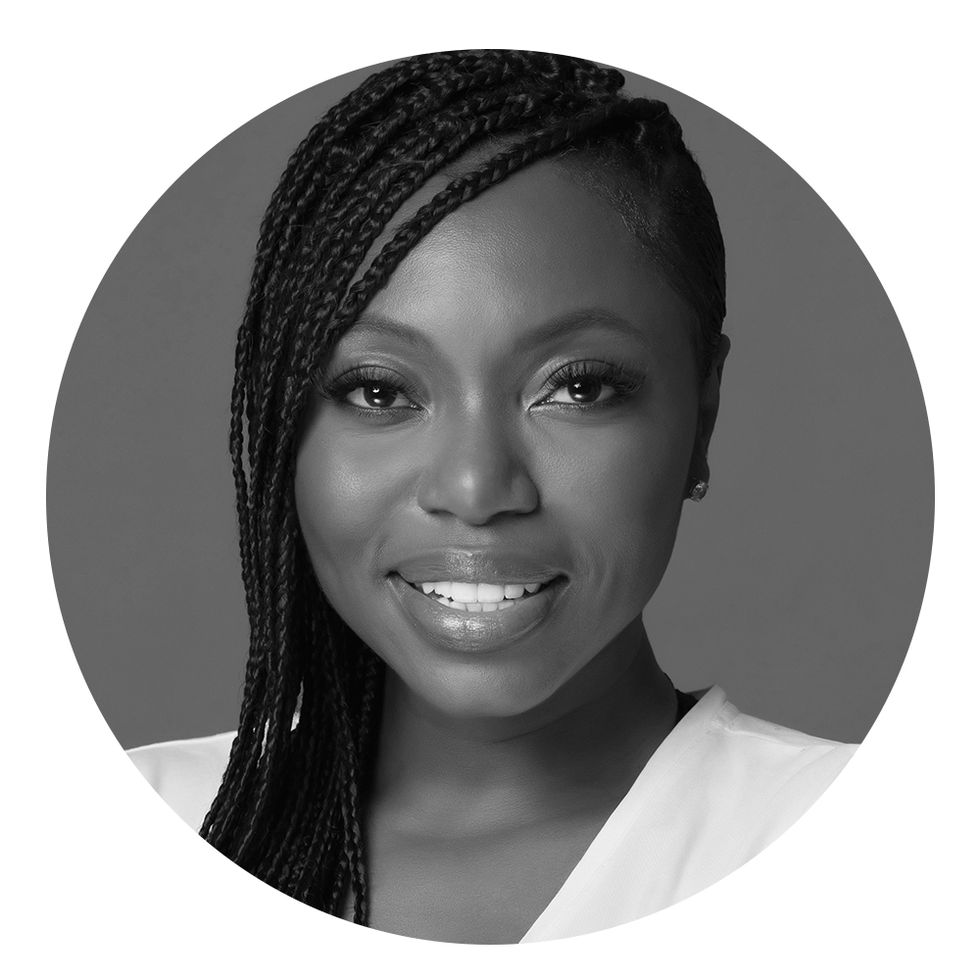
In June, Chuter, founder of Uoma Beauty, launched an Instagram account urging businesses that released Black Lives Matter statements to disclose the number of Black employees within their ranks. More than 300 brands rose to the #PullUpOrShutUp challenge, including Rent the Runway, Toms, and Warby Parker. “A lot of companies didn’t have the diversity in their leadership, but were willing to have a painful moment of self-reflection,” Chuter says. “The past is what it is. Let’s look to the future.”
Shelby Swain's Hair Artisty for Lizzo
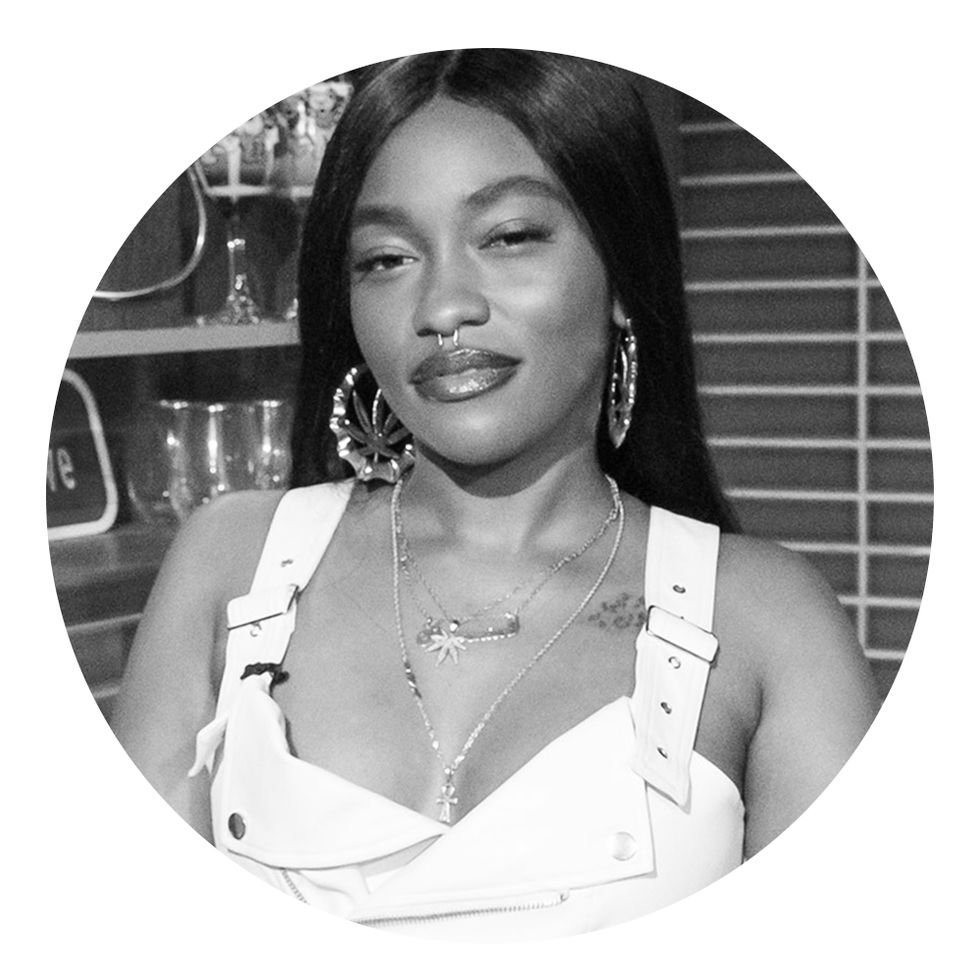
If you needed proof that hair can change the world, look no further than the collaboration between hair artist Swain and musician Lizzo posted on Instagram just a week before the November election. Sculpted atop the singer’s head was a large “40%” announcing the number of eligible voters who did not participate in 2016. While many efforts pushed for increased turnout, we can’t say Swain’s work didn’t help with the record-setting election. And despite pandemic circumstances, Swain’s work shined bright throughout the year with her art on full display across digital and print mediums.
Shirley Raines's Beauty 2 The Streetz
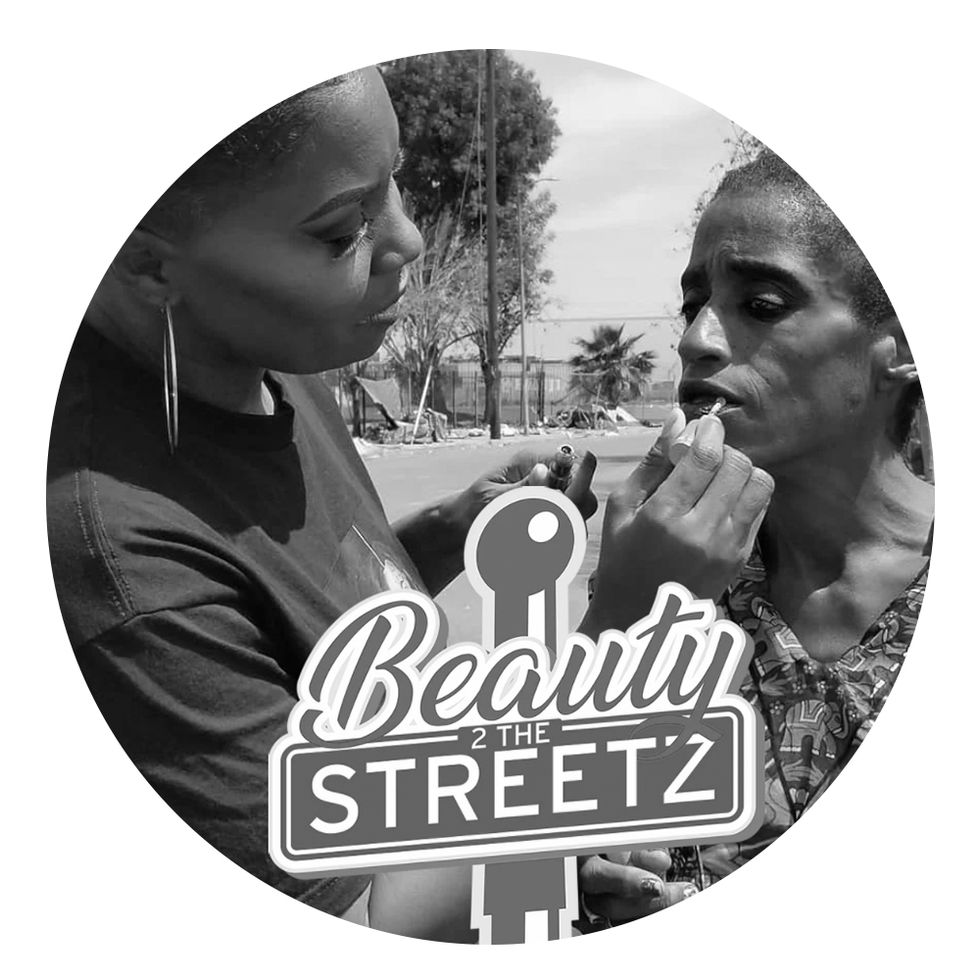
Following the loss of her son several years ago, Shirley Raines found it difficult to find purpose in her life. But a chance opportunity presented by a friend made her life’s purpose as clear as day: servicing those experiencing homelessness. Enter: Beauty 2 The Streetz, a nonprofit organization in which Raines provides beauty services—hair cuts, showers, makeovers, hygiene products, meals, and more—to the homeless community in Los Angeles’ Skid Row neighborhood. Amid the coronavirus lockdown, Raines and her Beauty 2 The Streetz team had to re-strategize their operations to comply with social distancing rules. So instead of makeovers, she handed out hand sanitizers, masks, food, and information. While the world may sometimes overlook the homeless community, Beauty 2 The Streetz gives them somewhere to call home.
Sue Nabi
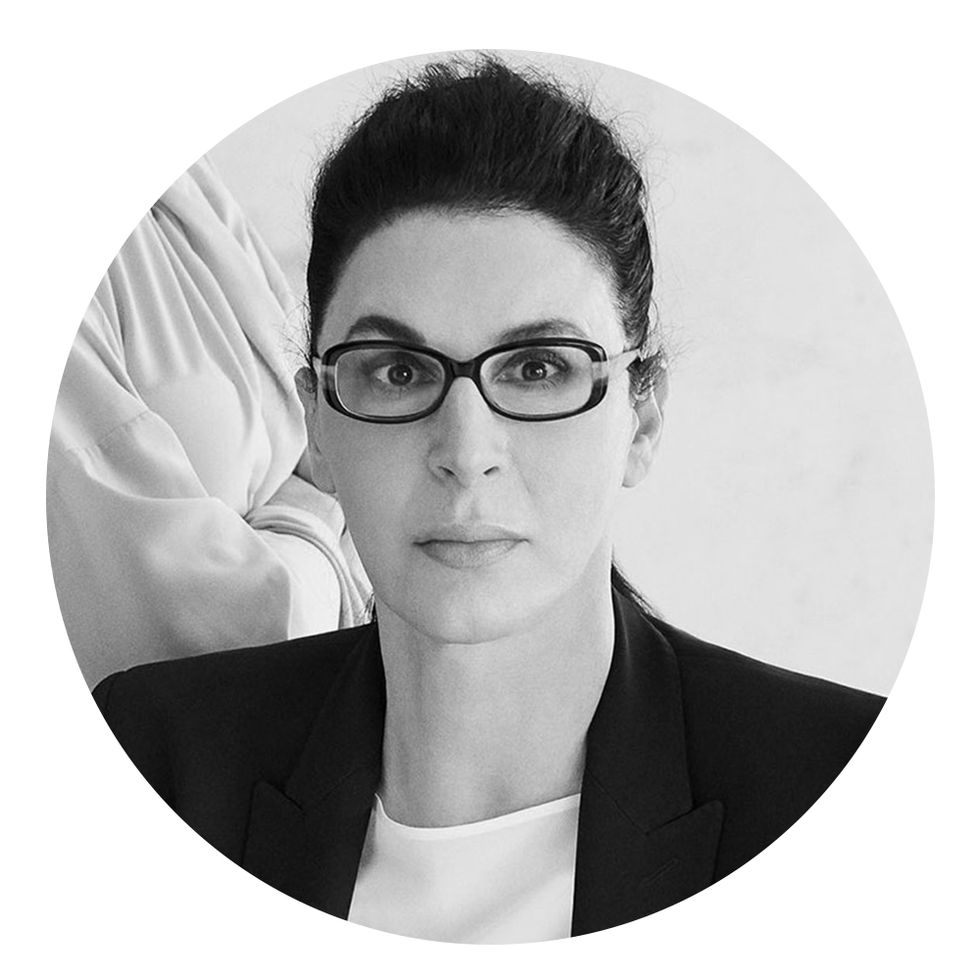
Nabi is a beauty boss accustomed to breaking through boundaries. After building her career at L’Oréal, she was the youngest CEO in L’Oréal Paris history to be named to the role and the first woman to become CEO of a top 20 beauty company. Along with making history this summer when she was named Coty’s first female CEO and the first woman to take the helm of a major stand-alone beauty company, Nabi also made headlines for earning a higher salary than her male predecessor and as a transgender executive bringing change to the industry. If her track record for brand growth and ceiling smashing continues, Coty—which is parent to CoverGirl, Gucci Beauty, Kylie Skin, and Marc Jacobs Parfums among many others—could be the beauty success story of this new decade.
Tokyo Stylez
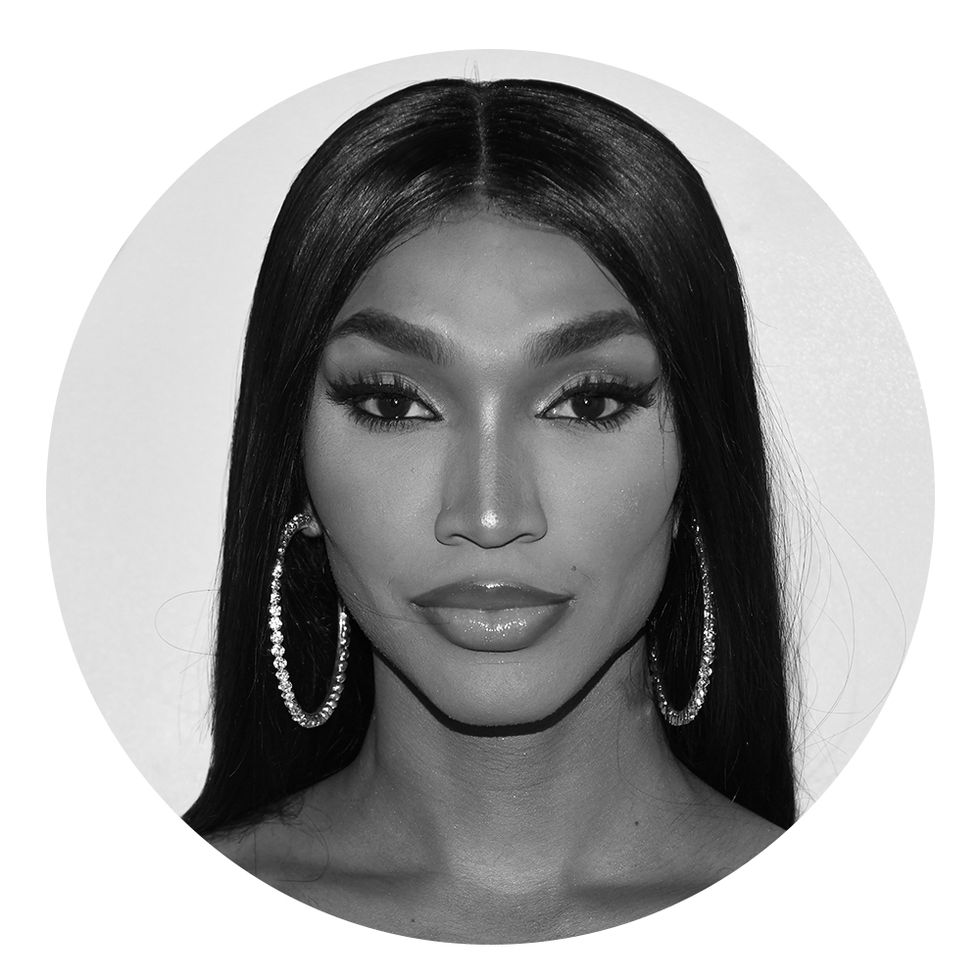
The name of Tokyo Stylez’s new Snapchat series is Queen of Stylez, a title rightfully bestowed upon Mia Jackson, the hair magician responsible for the looks behind some of Cardi B’s biggest cultural moments. Cornrows adorned with strings of pearls? A powder pink wig with heart-shaped pigtails? Louis Vuitton-printed ponytail? All of Stylez’s handiwork. It’s Stylez’s fresh-off-the-runway approach that makes her Cardi’s go-to and one of Hollywood’s most sought after hairstylists. Earlier this year, when Cardi and Megan Thee Stallion knocked the Earth off its axis with the release of the bawdy ode to sexual autonomy, it was the floor-length chain-link ponytail Cardi donned in the “WAP” video, courtesy of Stylez, that kept Twitter talking for hours on end and spawned several recreations months later for Halloween. Social media-wide discussions and a flood of recreations is typically the result of any look Stylez debuts. And if you ever wondered how much work goes into her art, Queen of Stylez is your golden ticket. Over eight episodes, the miniseries gives viewers a glimpse into the creative process behind her avant-garde hair looks, while also documenting her transitioning journey and her identity as a trans woman. Each episode peels back a layer to show the real personality of the celebrity stylist with over 1.4 million Instagram followers bookmarking her creations for inspiration.
Everyone
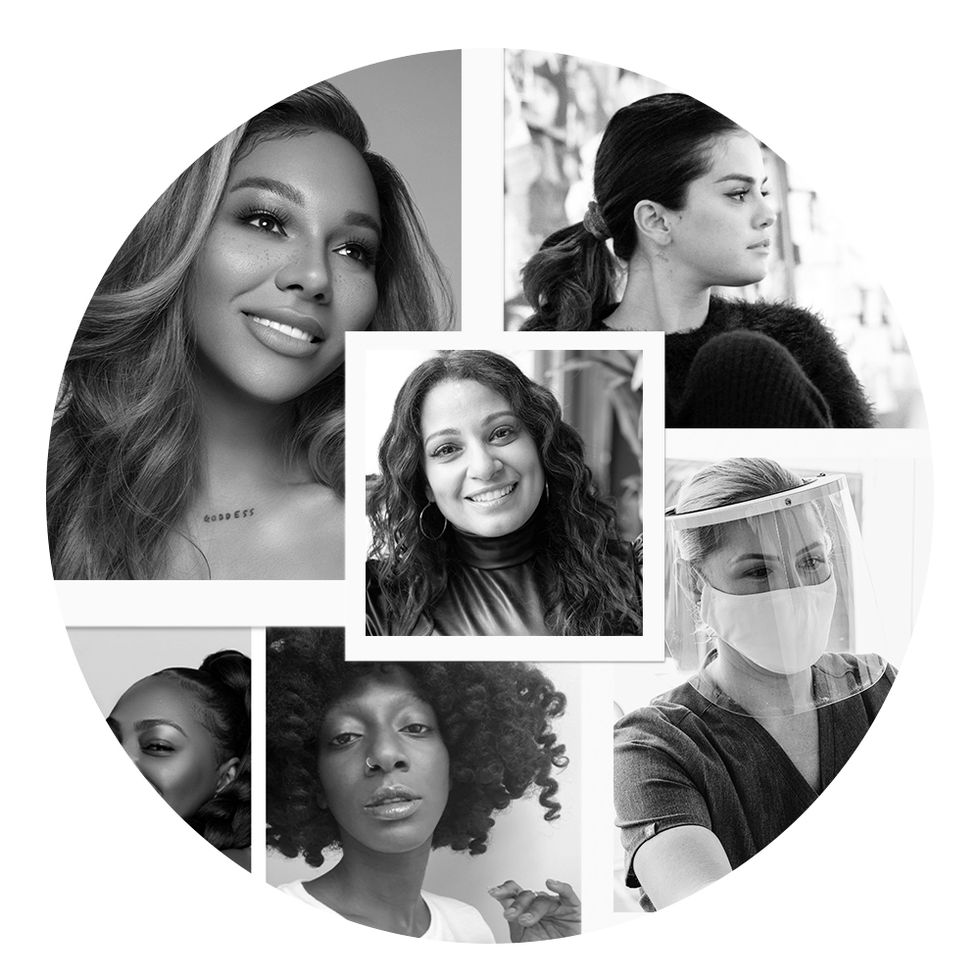
2020 was hard. Full stop. If the year taught us anything it was that we are all innovators in the beauty space. This section is dedicated to the kitchen beauticians who did their own braids for the first time or dyed their hair with a box in the sink during the droll of quarantine. This space is also dedicated to those who keep fighting for inclusion and representation in our industry. It’s the small battles of editors speaking up against cultural appropriation, it's the faces redefining what beauty really means and actually looks like. A list of 20 cannot possibly envelope the amount of change that occurred in 2020, so we honor you, dear reader, among the brands, artists, and founders fighting for change.
Watch Next
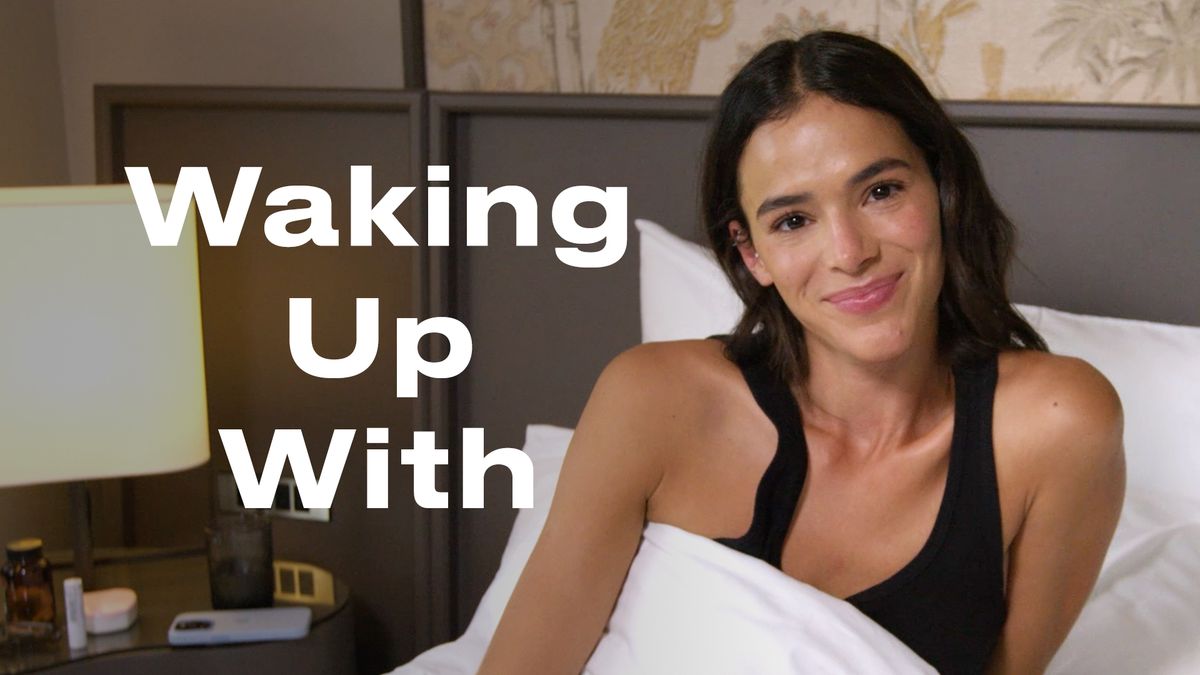
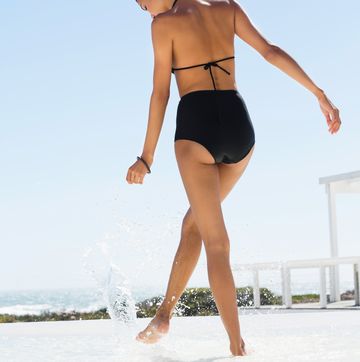
13 Best Cellulite Creams for Smooth Skin
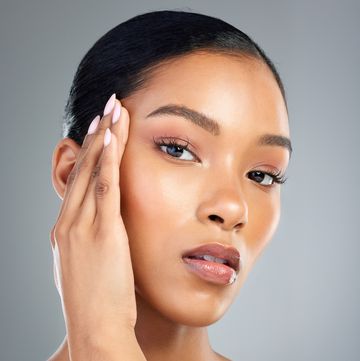
Everything You Need to Know About Vitamin C
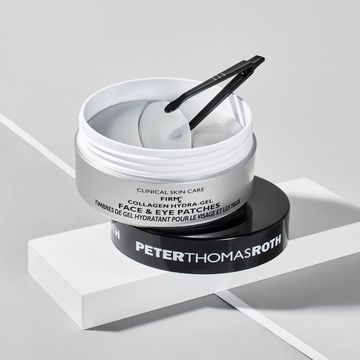
10 Forehead Wrinkle Patches for Fading Fine Lines
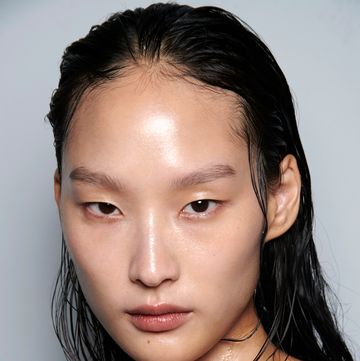
18 Best Shampoos and Conditioners Under $40

